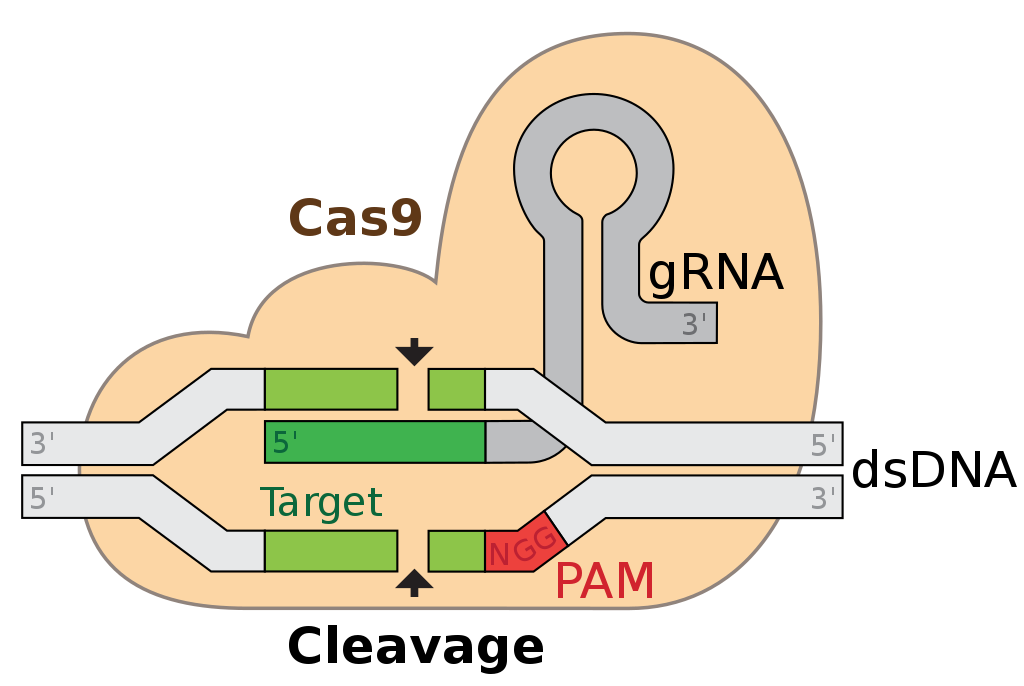
Majority of EU agri-council supports NGT deregulation
At a council meeting, a majority of EU agriculture ministers have supported the draft regulation on new genomic technologies (NGT) proposed by the EU Commission in early July.
On the occasion of an informal meeting of EU agriculture ministers on NGT plant varieties (3.-5. September), a majority of ministers said they would support the EU Commission’s draft regulation to exempt NGT breeds from the strict genetic engineering rules for transgenic breeds. Organic associations continued to criticise the planned law. Spanish Agriculture Minister Luis Planas stressed that the Spanish EU Presidency supports the EU Commission’s draft of 5 July.
According to the draft, so called NGT1 breeds. which may contain up to 20 single modifications made by genome editing or older cis-genic technologies that could be theoretically also achieved by means of conventional breeding techniques, won’t need to be labelled or assessed for its health or environmental impact more strictly than conventional breeds. As worldwide, such a deregulation affects only a single modification, the EU Commissions plan would create the most liberal NGT law in the world.
According to Planas, the ministers all saw high potential to create climate change-adapted crops in a short period of time and to reduce the use of fertilisers and pesticides. “The majority of member states welcome the NGT proposal with interest,” Planas confirmed. However, it was common sense that citizens and consumers must be given “as much information and as much certainty as possible”. However, the council said there were some issues still to be resolved such as the impact of NGT farming on organic farming in the EU.
Though the draft Regulation prohibits the use of NGT in organic production, it doesn’t establish clear coexistence rules. Organic interest groups criticise that this could lead to high costs for the organic sector According to the Federation of Organic Agriculture Movements (IFOAM) it is crucial to move away from input-intensive, short-term solutions such as specific technologies “with unproven benefits and potential unintended effects and risks”. Instead, Eduardo Cuoco, Director of IFOAM, said that while innovations in plant breeding are necessary, they “should not be limited to the use of gene editing technologies” that must be traced and labelled.
Polish Agri-Commissioner Wojciechowski said it was “very important” for the Commission to avoid negative effects for organic farmers through the law. Though the Commission didn’t address the issue of seed patenting in the Regulation, Wojciechowski stressed that “we will avoid making farmers dependent on patent rights.


 H. Zell - wikipedia.org
H. Zell - wikipedia.org fvm.dk
fvm.dk adobe stock photos - Sergii Figurnyi
adobe stock photos - Sergii Figurnyi